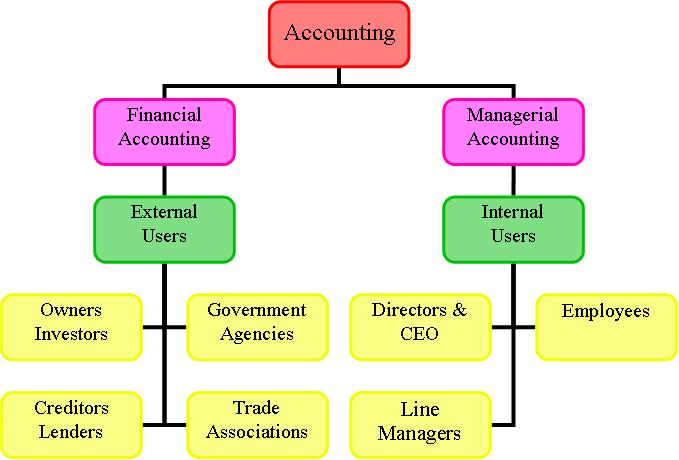
The procedure through which businesses introduce their shares to the public for the first time is called an IPO or the Initial Public Offering. IPOs can be announced by larger privately held companies or smaller companies looking for growth.
However, stepping into IPOs requires a proper understanding of the regulatory framework and specific requirements.
Investment in an IPO is open to all major categories of investors—retail, Qualified Institutional Buyers (QIBs), and High-Net-Worth Individuals (HNIs). All these investors have reserved shares in the IPO; for example, 15% of the stock is reserved for HNIs in the IPO.
Whether you are a retail or HNI investor, seeking reliable guidance from a trusted stock investment advisory firm like Equentis – Research and Ranking becomes important. With their expert advice you can create successful wealth management strategies and make informed decisions.
What is the Meaning of an IPO?
An Initial Public Offering (IPO) marks a significant milestone in a company’s life, representing its transition from privately held to publicly traded on the stock market. But what exactly does an IPO entail, and what is its significance?
When a company decides to go public, it essentially opens its doors to outside investors. This means you can buy shares and become a part-owner of the company.
IPOs are often seen as a way for companies to raise capital to fuel growth and expansion. They also provide liquidity opportunities to existing shareholders, including founders, employees, and early investors, who can sell their shares on the public market.
SEBI Requirements for IPO in India
Certain guidelines mandated by the Securities and Exchange Board of India (SEBI) govern the issue of an IPO.
- The business must be registered for at least 3 years.
- It must be profitable for at least 2 years and have a minimum net value of Rs. 3 crores. Moreover, at least 20% of its shares must be publicly traded.
- There should not be any default in payments or credit issues with the company.
- Certain legal and financial conditions must be met. The financial statements need to be audited by a merchant banker registered with SEBI.
Additional Requirements for IPOs
Apart from the requirements mentioned above, certain criteria must be met for a company’s listing on the NSE when it wishes to go public.
- The applicant’s paid-up capital shall be a minimum of ₹10 crores, and equity capitalization shall not be less than ₹25 crores.
- The issuer must adhere to all the rules, regulations, and conditions laid down by the Securities and Exchange Board of India Act 1992, Companies Act 1956/2013, and Securities Contracts (Regulations) Act 1956.
- The applicant should have a proper investor grievance redressal mechanism in place.
- Before applying, the applicant must clear all pending interest and/or principal payments.
- The exchange should not have rejected the application in the last 6 months.
What Role Does SEBI Play in an IPO in India?
Securities and Exchange Board of India, also known as SEBI, plays a pivotal role in an IPO in India.
- Meticulously scrutinizes the IPO prospectus to ensure all pertinent information is disclosed to potential investors.
- Regulates the pricing of shares, ensuring fairness and transparency.
- Monitors the entire IPO process to safeguard investors’ interests, maintaining the market’s integrity.
- Acts as a vigilant guardian, ensuring IPOs adhere to regulatory standards and contribute to the healthy functioning of the Indian capital markets.
What are the Eligibility Criteria for Investors to Apply for an IPO in India?
- Investors must be 18 years old to apply for an IPO in India.
- To invest in an IPO in India, you must have a working bank account with a sufficient amount.
- You must have a Demat account with any DP (Depository Participant) registered with an Indian stock depository.
- You will also need a trading account to buy or sell IPO shares.
- Your bank account linked to your Demat account should support Internet banking and UPI, and ASBA services.
- You must have a Permanent Account Number (PAN) to participate in an IPO.
Conclusion
Understanding the IPO requirements in India is crucial for any investor looking to capitalize on the dynamic stock market landscape. With thorough research and analysis, retail and HNIs in IPOs can effectively navigate the complexities of IPOs, ensuring informed investment decisions.
With the help of a professional advisory firm like Equentis—Research and Ranking, you can make strategic and informed investment decisions to capitalize on emerging opportunities and maximize returns.



